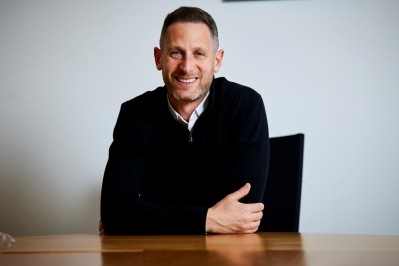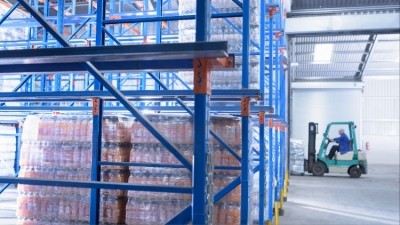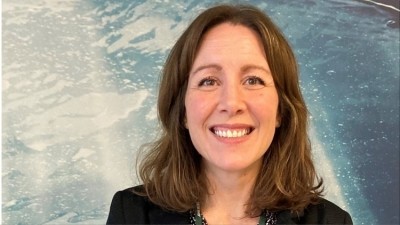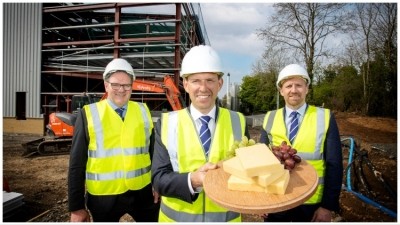News
Seafood carbon emissions tracker now available in UK
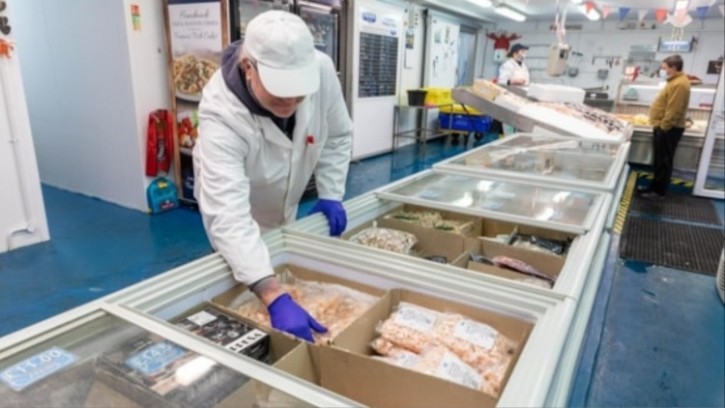
The Seafood Carbon Emissions Profiling Tool project was led by Seafish, a public body that supports the UK seafood industry, with development work being conducted by international expert in food systems sustainability Mérieux NutriSciences.
The tool is available online now and has been designed to help businesses measure and reduce their products’ carbon footprint and contribute to meeting net-zero targets.
Once they sign up, seafood firms will need to input their supply chain data, such as greenhouse gas emissions associated with processing operations, so that product carbon footprints can then be generated and potential hotspots identified.
The tool has been available for industry beta-testing and use within the seafood industry since the end of 2023, during which time fine tuning and other refinements have been made. lt also includes a public facing area, where visitors can access resources including the background methodology, frequently asked questions and view indicative carbon footprints for seafood products typically retailed in the UK.
Commenting on the tool’s official launch, head of responsible sourcing at Seafish Stuart McLanaghan said: “The Seafood Carbon Emissions Profiling Tool is an important part of our work to support the UK seafood sector transition to net-zero.
“It is aimed at the entire UK seafood supply chain, but we envisage that buyers within retail, food service and processing will be amongst the main users.
“The tool provides several benefits for industry but will first and foremost enable industry to identify carbon footprints for their seafood products and understand the hotspots or risks in their supply chains. This is important as robust data and information are needed to help businesses plan and make informed investment decisions to drive transformation to accelerate the decarbonisation of shared seafood supply chains, including via pre-competitive collaboration.”
UK based seafood importer, processor and distributor, New England Seafood has supported in the development of the tool, with the firm’s people and planet director Cassie Leisk describing it as “intuitive” and “easy to use”.
“You don’t need to have a lot of carbon knowledge or expertise to be able to access it,” Leisk added.
“The whole point of the tool is it’s something anyone in the business can use whether you’re working on sustainability, working specifically on carbon, if you’re a CEO or working in ops.
“For me it’s something that’s helpful to translate some quite detailed, technical information into something simple for anybody to access.”
Meanwhile, Tesco has used the tool to better understand how it can meet its decarbonisation targets.
“The tool is super important because it enables us to baseline carbon completely through the supply base - so at primary, at wild capture and aquaculture,” said Ben Lambden, sustainable fisheries and aquaculture manager at Tesco.
“The beauty of the tool is it’s continuously developing so, as you continue to use it, more data will be added and reviewed and it should get easier to use.”
In other news, ‘Modern agriculture is a broken system and we want to fix that’: Vegan Food Group.

